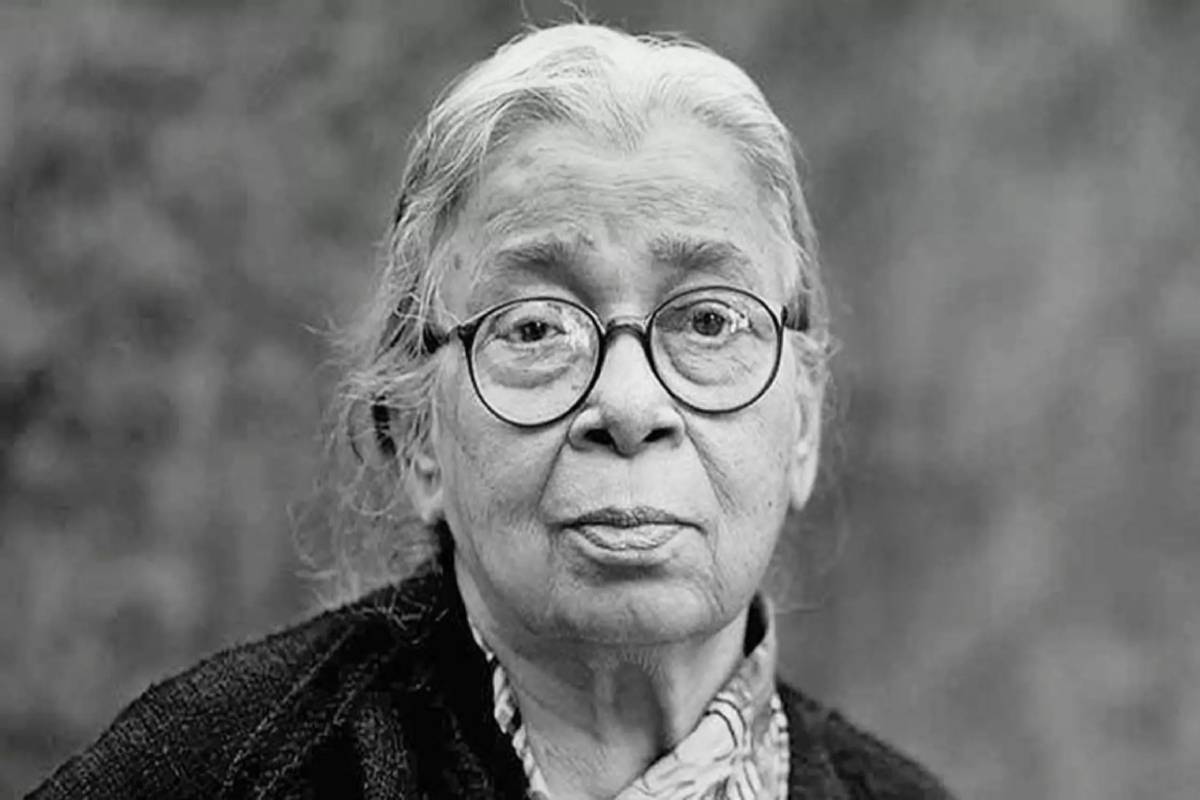SIR, It seems the Literature departments as well as the Liberal arts and Humanities syllabi of our universities and academic institutions will now come under the censorious scanner.
Recently the academic committee of the English Department of Delhi University has decided to remove three texts written by the Dalit writers Bama Faustina Soosairaj and Sukirtharani as well as a text by the Brahmin writer Mahasweta Devi. So once again it has been proved that the impact of the pen is mightier than all the glamorous war wares, symbolically the sword. Strangely, through centuries, literary texts, often brushed aside as unreliable texts, false documents and figment of the imagination, have been banned, proscribed, burnt, slandered and stigmatised for revealing the elided, ignored, censored facts of unofficial histories that interrogate and deconstruct systemic mainstream myths and dubious discourses. Sometimes these literary texts represent the dystopias of distress and the utopias of transcendence.
Interestingly, Dalit writing of India has often been critiqued for sameness and difference with African American literature. Toni Morrison, the first African American writer to have received the Nobel Prize, whose novels, such as Beloved represent graphically the cruel brutality towards the slaves, including rapes and sexual assault had remarked “I was keenly aware of erasures and absences and silences in the written history available to me ~ silences that I took for censure. History, it seemed, was about them. And if I or someone representative of myself ever were mentioned in fiction, it was usually something I wished I had skipped. To me the enforced or chosen silence, the way history was written, controlled and shaped the national discourse.” Elsewhere, in the essay Black Matters, Toni Morrison stated “Canon building is empire building. Canon defense is national defense.
Canon debate, whatever the terrain, nature, and range of criticism, of history, of the history of knowledge, of the definition of language, the universality of aesthetic principles, the sociology of art, the humanistic imagination, is the clash of cultures. And all of the interests are vested.” In another essay “Literature and Public Life,” Toni Morrison argued about literature as power “Literature has features that make it possible to experience the public without coercion and without submission. Literature refuses and disrupts passive or controlled consumption of the spectacle designed to nationalize identity in order to sell us products. Literature allows us ~ no, demands of us ~ to experience ourselves as multidimensional persons. And in so doing is far more necessary than it has ever been.” The removal of these three Dalit texts, Sangati, My Body and Draupadi from the syllabus for their gruesome sexual conent and denigrating representation of the military, validates Toni Morrison’s arguments about the power of literary texts as minefields, that can be more expository, explosive and dreadful than lethal weapons.
Advertisement
